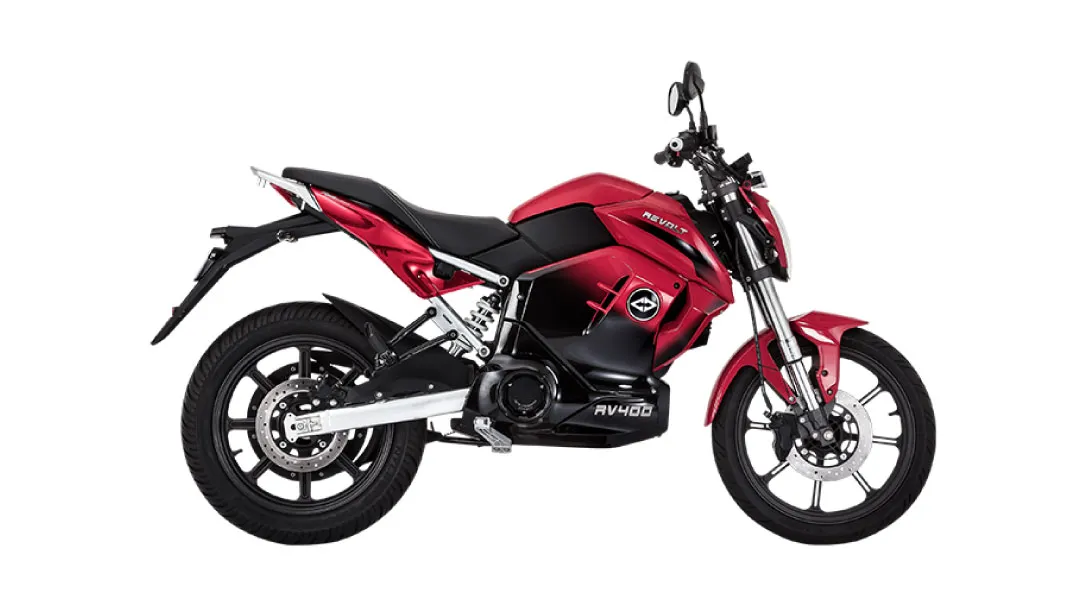Electric bikes have emerged as a remarkable innovation that perfectly harmonizes health, convenience, and environmental responsibility, making them an increasingly popular choice for urban commuters and leisure riders alike. At their core, electric bikes, or e-bikes, blend the physical activity of traditional cycling with the assistance of electric motors, offering riders the ability to traverse longer distances and challenging terrains with less strain and greater ease. This unique combination not only promotes an active lifestyle but also opens the door to cycling for people who might otherwise find it difficult, such as older adults or those recovering from injury. By encouraging more individuals to engage in regular physical activity, e-bikes contribute to improved cardiovascular health, increased stamina, and enhanced mental well-being, all of which are important pillars of a healthy lifestyle. From the standpoint of convenience, electric bikes redefine the daily commute. They provide a practical solution for navigating congested city streets and bypassing traffic jams, which often frustrate drivers of cars and public transport users alike.

The pedal-assist function allows riders to adjust the level of motor support, making uphill climbs and long journeys less daunting, while still allowing them to benefit from exercise. This flexibility means that commuters can arrive at work less fatigued yet energized, without the sweat and exhaustion commonly associated with traditional cycling. Additionally, e-bikes are often compact and lightweight compared to motorcycles or cars, making parking and storage simpler. Many models are foldable, further enhancing their adaptability to urban living where space can be limited. Their relatively low operating cost compared to fuel-powered vehicles also adds to their appeal, with charging being inexpensive and maintenance requirements generally lower. Environmental responsibility stands out as a defining advantage of electric bikes. As the world grapples with climate change and air pollution, the shift toward sustainable transportation has never been more critical.
Their electric motors, often powered by rechargeable batteries, offer a clean alternative to gasoline or diesel engines, contributing to improved air quality and reduced greenhouse gas emissions. Moreover, the energy consumption of e-bikes is minimal compared to that of cars, making them highly efficient from an ecological perspective. Choosing an e-bike over a car for short to medium-distance travel can substantially cut down on fossil fuel use and dependency. This transition aligns with broader environmental goals and urban planning efforts aimed at creating greener, more livable cities. In summary, electric bikes represent an elegant fusion of health benefits, practical convenience, and environmental stewardship and visit this useful site civilizedcaveman.com. They enable more people to enjoy the physical advantages of cycling while addressing common barriers such as distance and physical exertion. At the same time, they offer an efficient, cost-effective mode of transport that alleviates urban traffic woes and contributes to reducing harmful emissions.
